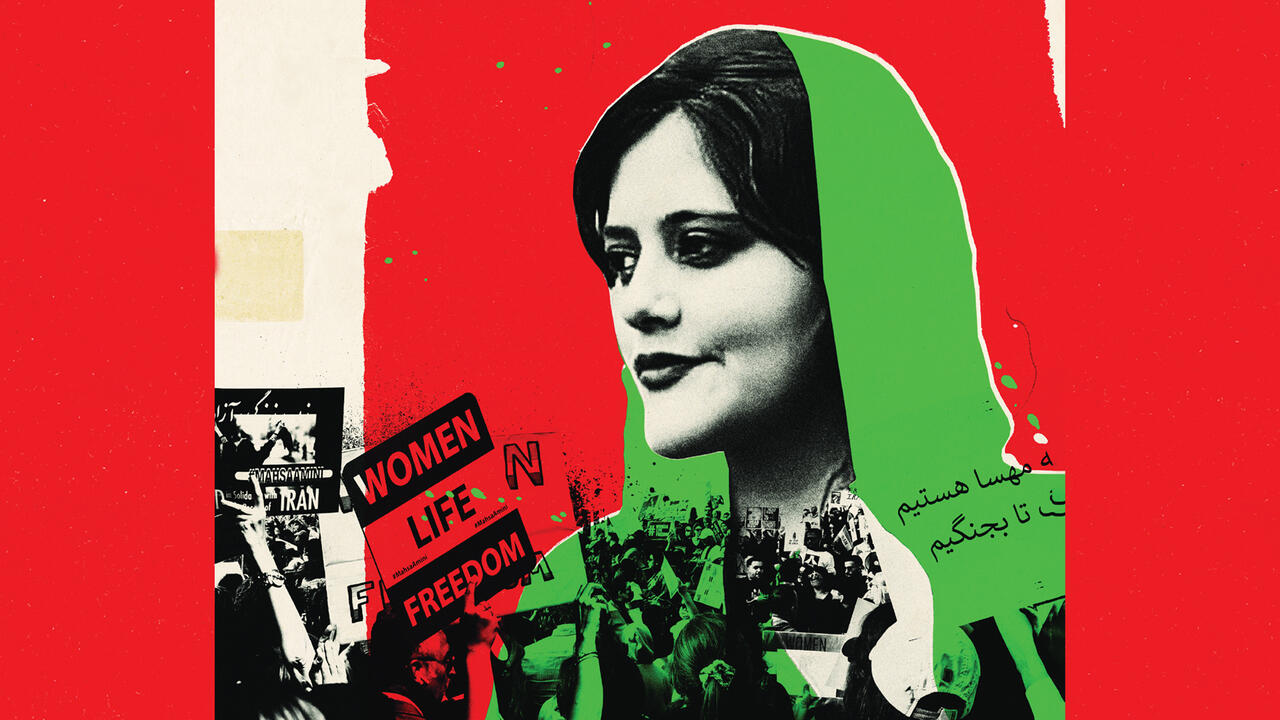
Narges Bajoghli ’04: Iran and the Era of Global Feminist Uprisings
I first learned about feminist theory and feminist politics in the early 2000s at Wellesley, when everything was shadowed by the impact of 9/11 and the start of the war on terror. The popular narrative of the time was dominated by discussions about the need to save women in Afghanistan. In the classroom, some professors pushed us to think critically about the long history of racism in feminist movements and the utilization of “women’s issues” by states to engage in more violence. My classmates and I brought the concepts we were learning to heated debates on campus around the decisions of the George W. Bush administration. Nonetheless, dominant societal narratives had a strong undertone of pride that Western women were no longer being controlled by laws for the mere fact of being women, and thus had an obligation to “save” Afghan women from this fate.
Much has changed domestically and globally during the decades since I sat in seminars in Pendleton Hall and grappled with the history of feminist thought and practice. Most immediately, the Taliban are back in power after two decades of American war and occupation in Afghanistan, and the world has once again turned away from the reality of Afghan women.Western women now intimately understand that living under repressive gender laws is not solely a problem “over there,” but very much a contemporary reality, right here. In my own life, I have earned my doctorate in anthropology and become a feminist scholar of media, power, and resistance movements.
With this background, when the September 2022 “woman, life, freedom” movement spilled onto the streets across Iran, I immediately recognized it as a new militant feminist movement that would capture global attention. Anger had been mounting on Iranian social media since mid-September, when a picture of Jina “Mahsa” Amini in a coma began to circulate. She had been taken on a gurney to a hospital in Tehran from the morality police station, where she had been held for having “bad hijab.”
This is an excerpt from a story by Narges Bajoghli ’04 that appears in the summer edition of “Wellesley” magazine. Read the full story on the magazine’s website.



